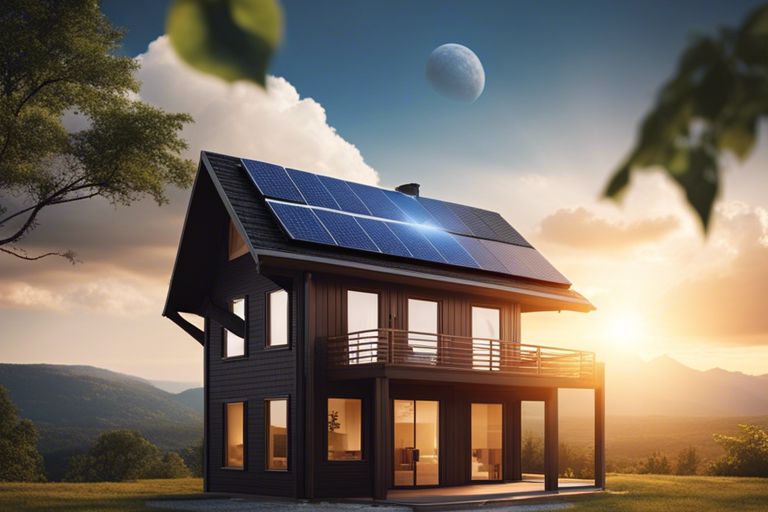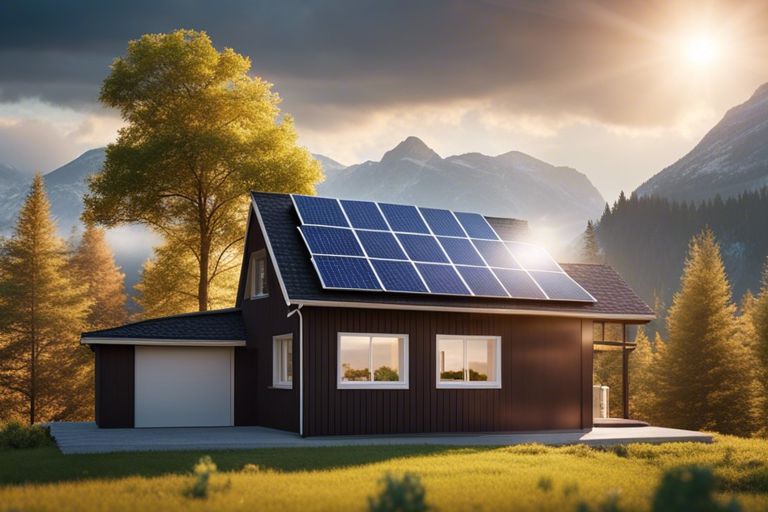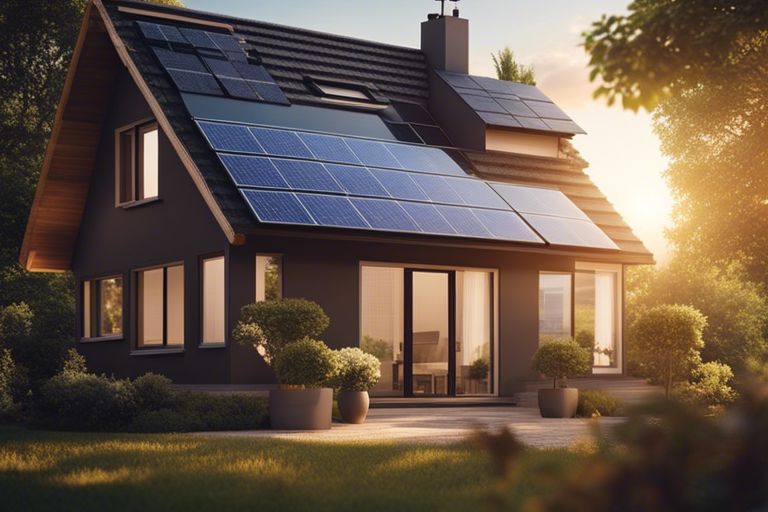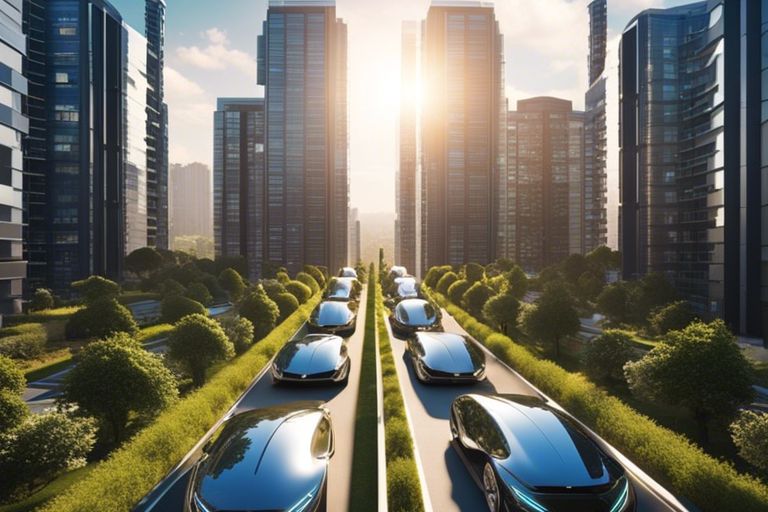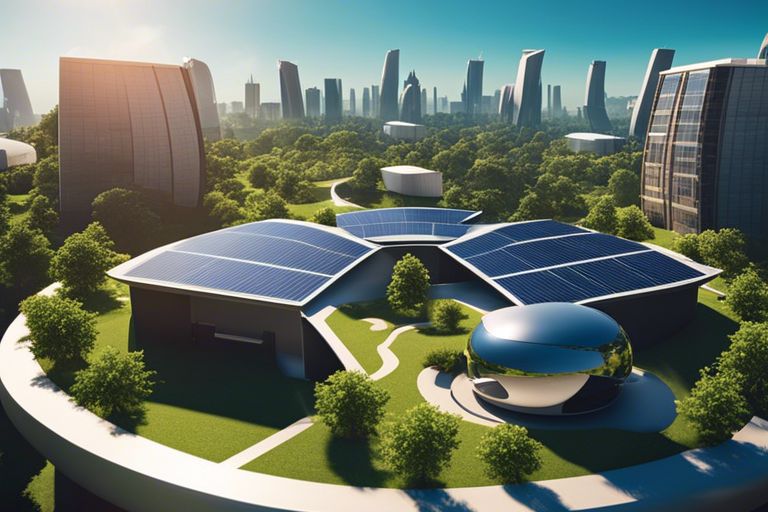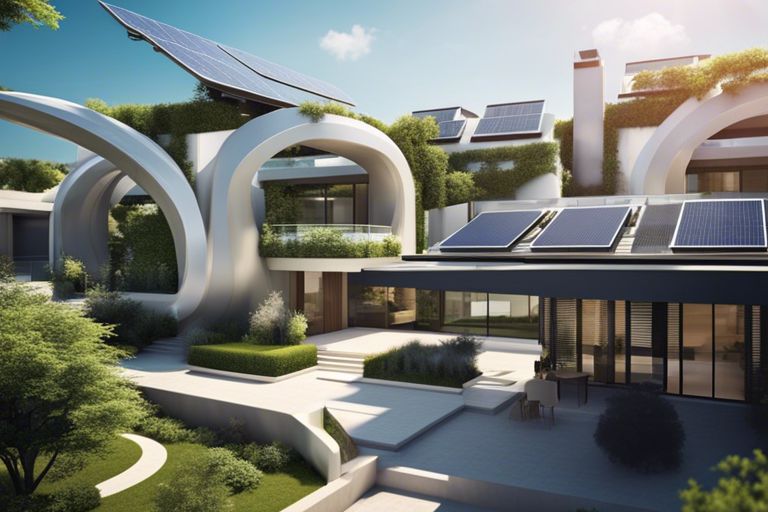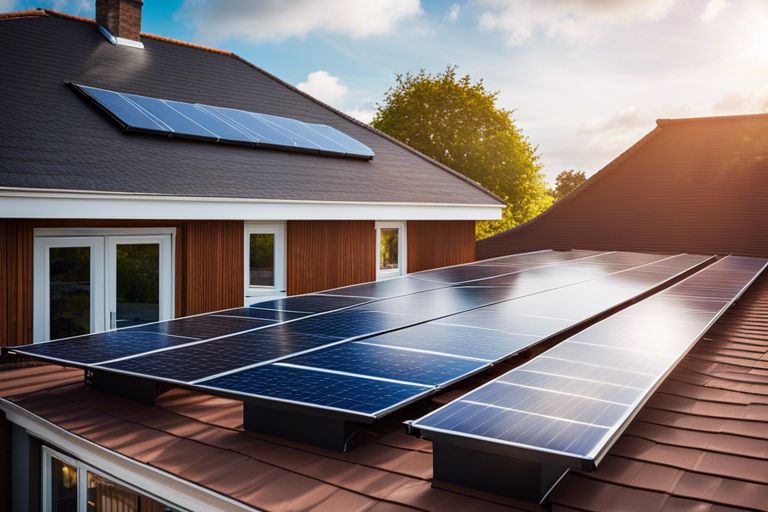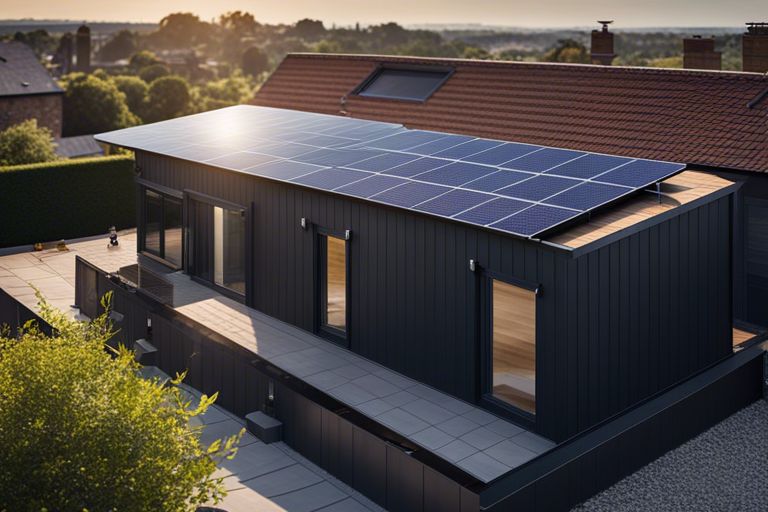There’s a powerful shift happening in the energy sector, with solar power leading the way towards a cleaner and more sustainable future. As concerns about climate change and environmental impact grow, more and more individuals and businesses are turning to solar energy as a viable solution. In this blog post, we will explore the reasons behind the rising popularity of solar power, its benefits, and how it is shaping the future of energy production and consumption.
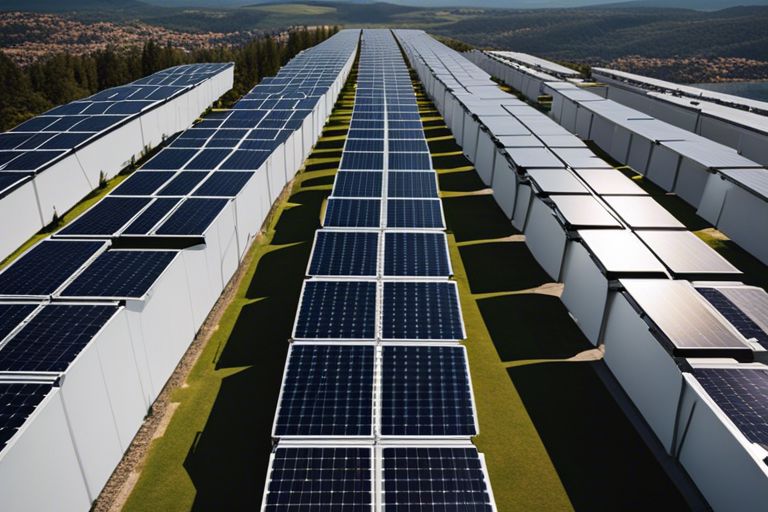
Technological Advancements in Solar Energy
Innovations in Solar Panels
To keep up with the increasing demand for renewable energy sources, innovations in solar panels have been pivotal. Advancements in materials, such as the use of perovskite, have led to increased efficiency and decreased costs. Bifacial solar panels, which can capture sunlight from both sides, are also gaining popularity for their higher energy yield. With ongoing research and development, the future of solar panels looks promising.
Solar Energy Storage Solutions
As solar energy production is dependent on sunlight availability, storing excess energy for later use is crucial for a sustainable energy system. Solutions like lithium-ion batteries and flow batteries have been developed to store solar energy efficiently. These storage solutions enable solar users to harness power even when the sun is not shining, providing a reliable and continuous source of renewable energy.
A grid-tied system with battery backup can provide energy independence and resilience during power outages. This setup allows excess solar energy to be stored in batteries and used during peak demand periods or at night, reducing reliance on the grid and promoting self-sufficiency.
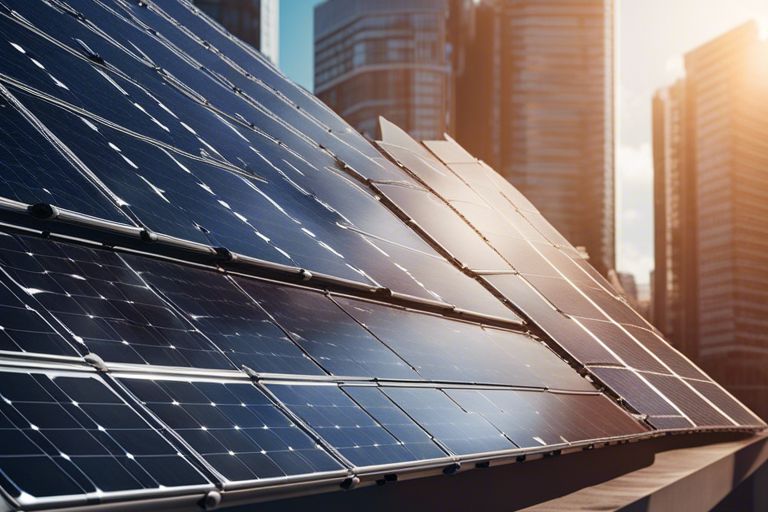
Economic and Environmental Impacts
Cost Reduction and Market Growth
For years, the cost of solar power technologies has been on a steady decline, making it more affordable for both consumers and businesses to invest in solar energy systems. This cost reduction has led to a surge in the market growth of solar power, with more installations happening across the globe.
Environmental Benefits and Sustainability
Impacts of solar power are not just limited to the financial aspects; there are significant environmental benefits as well. Solar energy is a clean, renewable source of power that produces no greenhouse gas emissions or harmful pollutants when generating electricity. This promotes sustainability by reducing carbon footprints and lessening dependence on fossil fuels.
Benefits: The environmental advantages of solar power extend beyond just the reduction of air pollution. Solar energy also helps in conserving water resources, a critical factor given the increasing concerns about water scarcity. By harnessing the power of the sun, we can create a more sustainable future for generations to come.
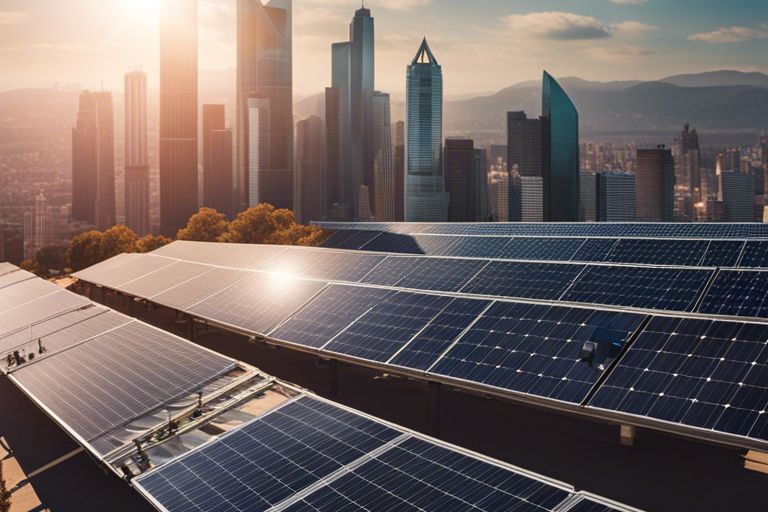
Adoption and Implementation
Residential and Commercial Applications
An increasing number of residential and commercial properties are turning to solar power as a sustainable energy solution. With advancements in technology, the cost of installation has decreased, making it a more accessible option for many. Solar panels can be easily integrated into rooftops or as standalone units, providing a reliable source of renewable energy for both households and businesses. It not only reduces electricity bills but also contributes to a cleaner environment.
Global Solar Power Initiatives and Policies
An integral part of the global shift towards renewable energy sources, solar power initiatives and policies are being implemented worldwide. Countries are setting ambitious targets to increase their reliance on solar energy, offering incentives such as feed-in tariffs and tax credits to encourage adoption. The International Solar Alliance, a coalition of solar resource-rich countries, aims to promote solar technologies and reduce the cost of financing for solar projects in developing nations.
Power plants from China to the United States are investing heavily in solar power infrastructure, with utility-scale solar installations becoming more prevalent. These initiatives not only contribute to reducing greenhouse gas emissions but also create job opportunities and drive economic growth in the renewable energy sector.
Challenges and Opportunities
Overcoming Technical and Infrastructural Hurdles
Infrastructural development plays a crucial role in the widespread adoption of solar power. Upgrading the existing electrical grid to accommodate bidirectional energy flow and storage capabilities is imperative. Additionally, advancements in energy storage technology are needed to address issues related to intermittency and ensure a stable power supply from solar systems.
The Future of Solar Energy: Trends and Potential
Any discussion on the future of solar energy must consider the latest trends and potential opportunities. The continued decrease in the cost of solar panels, coupled with advancements in efficiency and storage technologies, is driving the growth of the solar industry. Emerging trends like floating solar farms and building-integrated photovoltaics are reshaping the way we harness solar energy.
This chapter highlights the challenges and opportunities that lie ahead in solar power. By overcoming technical and infrastructural hurdles and staying abreast of emerging trends, the future of solar energy appears promising and holds great potential for addressing our energy needs in a sustainable manner.
Final Words
Hence, the growing popularity of solar power signifies a promising future for renewable energy. With advancements in technology, decreasing costs, and increasing awareness about the importance of sustainable practices, solar power is set to become a mainstream source of energy in the years to come. Its benefits in reducing carbon emissions, promoting energy independence, and creating job opportunities make it a compelling choice for individuals and businesses alike. As we move towards a cleaner and more sustainable future, embracing solar power will undoubtedly play a crucial role in shaping a brighter tomorrow for generations to come.




